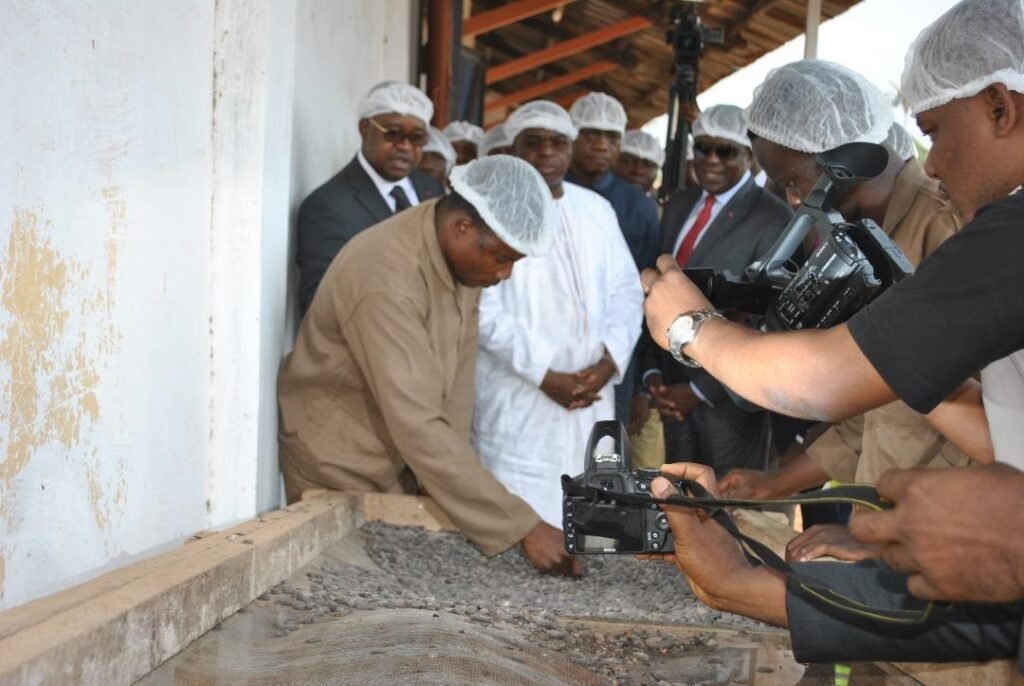By Elias Ngalame
In the quest to boost productivity, one of the issues cocoa farmers struggle with is control of plant diseases and pests. For pests like capsids, stem borer and mealy bugs, the common solution is the application of pesticides to protect crops from attack. However, the misuse of pesticides is widespread, leading to hazardous effects on the plants, farmers and the environment.
Njon Donald of Cameroon’s South West Development Authority (SOWEDA) says pesticide abuse usually comes in the form of farmers using poor spraying equipment and wrong pesticides on cocoa fields and failure to use the proper protective garments during the application process. Indiscriminate use of pesticides by local cocoa farmers leads to pesticide resistance and increases the risk of residues being ingested by consumers.
“The result is that plants are poisoned and farmers health are endangered, stalling the advancement of the sector,” he said. SOWEDA has since 2022 been organising training sessions to increase and improve farmers’ knowledge on the proper use of agricultural pesticides
and the appropriate application calendars. The training, targeting over 5,000 cocoa farmers in Manyu, Lebialem, Meme, Fako, Kupe Muanenguba and Ndian divisions, has helped improved cocoa output in these production basins. SOWEDA officials say to improve the health and safety of farmers and their communities and help them earn a living, focus should not only be on price. “Attention should also be paid to investment, and training on pest management is part of that investment,” said Ogock Ntui, the chief executive officer of SOWEDA. The cocoa producers learn how to identify major pests and diseases and how to effectively select, formulate, handle and apply pesticides for specific problems.
“I was able to increase my production from four bags in 2020 before the training to seven bags in 2023,” Ayuk Stephen, a cocoa farmer in Kumba, said. The trainees also learned how to make proper use of spray equipment, the different spraying techniques and equipment maintenance.
Special attention was laid on helping farmers to understand the risks of misusing pesticides and ways they can avoid endangering their health, that of consumers and keep the environment safe.
Cocoa farmers have also been advised to practise agro-forestry to diversify income, improve livelihood and fight against climate change.
“This boosts biomass production, improves the microclimate of farmland, and reduces input costs by increasing plot productivity. Agroforestry is also a way for households to diversify and increase their income, thanks to shade trees that produce additional crops for sale,” said Njon Donald of SOWEDA. The farmers say they also need training on other practices like pruning, seed conservation, and nursery establishment and management.
Pruning stimulates the growth of new shoots and encourages more flowering, which usually means more cocoa pods. It also helps with disease control and prevents moisture from building up by allowing more sunlight to filter in. “Pruning is often minimal and this shouldn’t be the case, especially because it helps with disease control, a big issue right now,” said Ndon Michael, another cocoa farmer in Ngusi, Tombel. “We need the government and stakeholders to invest in artificial pollination. Most cocoa trees are selfincompatible, they cannot pollinate themselves.”

